Phedre Ouverture
-
Ships in 4 to 6 weeks
Details
Description
SKU: ML.012570100-S
Composed by Jules Massenet. Arranged by Bolten. Arrangements of Classical Compositions/Arrangements of Classical Opera and Operetta Overtures. Classic Arrangement. Recorded on Famous Overtures (ML.311063720). Score only. Duration 9 minutes, 27 seconds. Molenaar Edition #012570100-S. Published by Molenaar Edition (ML.012570100-S).The French composer Jules Massenet (1842-1912) was a pupil of Ambroise Thomas and was awarded a Grand Prix de Rome. He composed several successful operas such as 'Herodiade' (1881) and 'Manon' (1884). From 1878 to 1896 he taught composition at the Paris Conservatory of Music. His orchestral suites 'Scenes pittoresques', 'Scenes napolitaines' and 'Scenes alsaciennes' are still very popular with bands, and so is the famous 'Meditation' from his opera Thais as well as the ballet music 'Le Cid'. It was for a performance of the renowned tragedy 'Phedre' by Jean Racine (1639-1699) at the Paris Odeon Theatre on 8 December 1900 that Massenet wrote some scenic music. Yet in 1873, at the request of Jules Pasdeloup, he had already composed a concert overture 'Phedre', the second of a series of three overtures. This overture was also inspired by Racine's tragedy in five acts written in 1677 and based on dramas by the Greek author Euripides and the Roman author Seneca. Phedre, wife of Theseus, is consumed by passion for her stepson, Hippolytus who repulses her. With the proverbial fury of a woman scorned, Phedre poisons the mind of Theseus against his son. Theseus commits Hippolytus to the vengeance of Neptune, while Phedre, overcome by remorse commits suicide. With this play, Racine introduced the Greek notions of fatality and predestination into the French theatre. Massenet succeeded very well in evoking the fascinating drama by means of this thrilling overture.

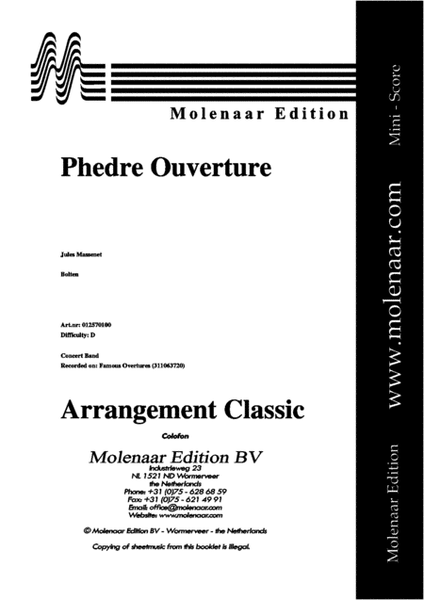
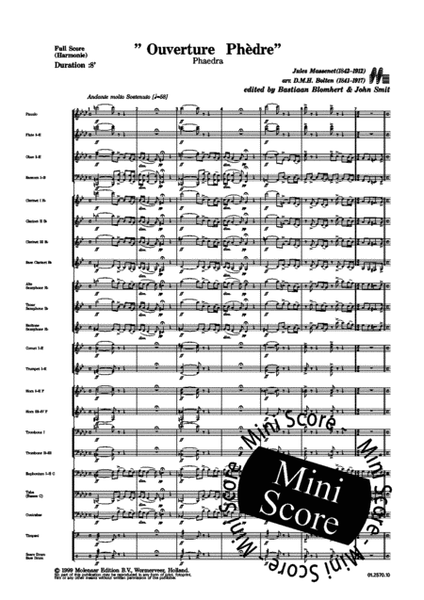
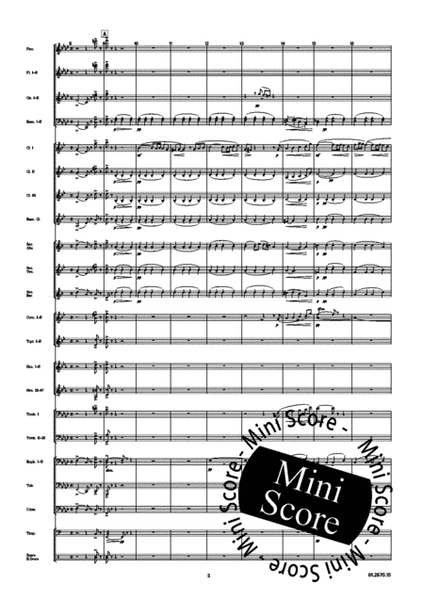
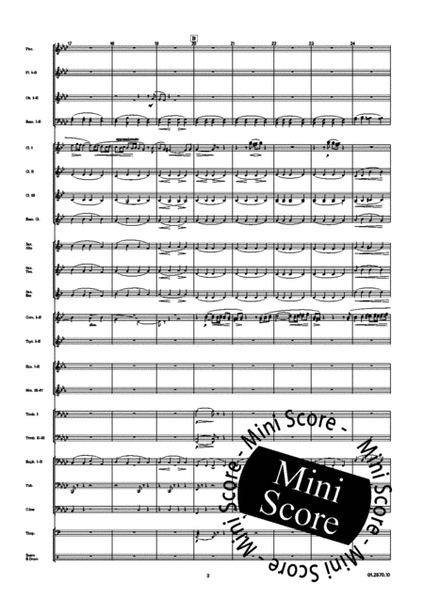
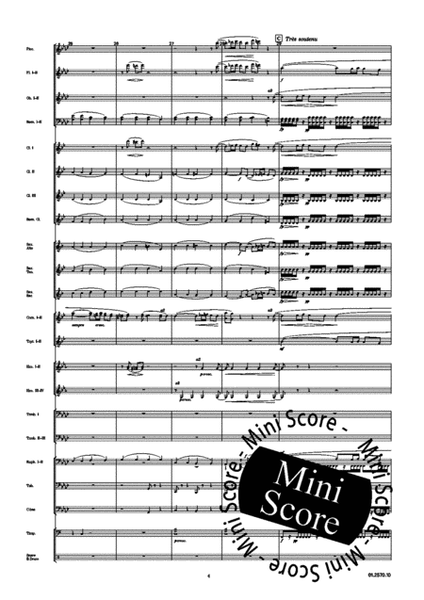
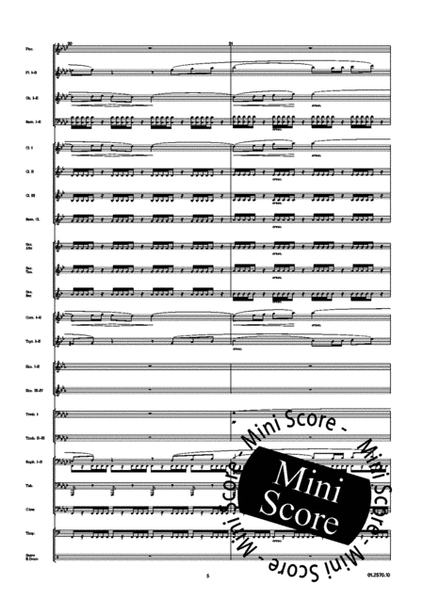
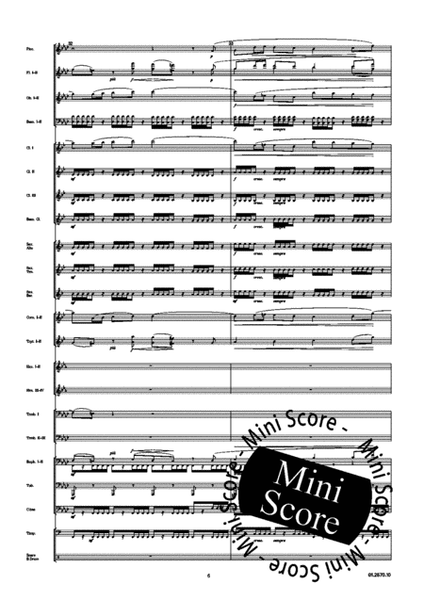
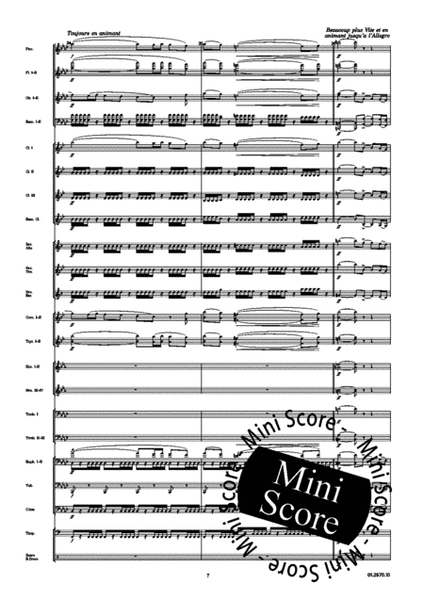
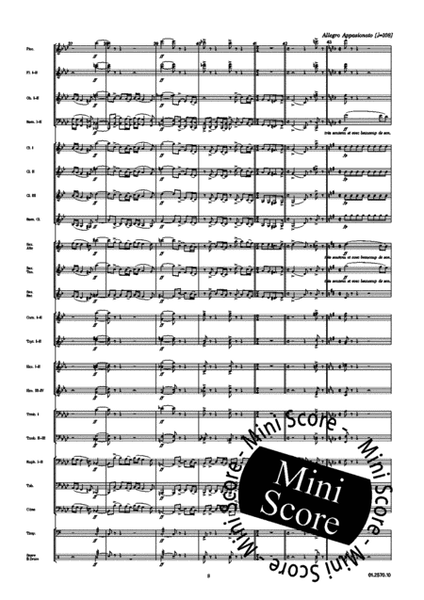
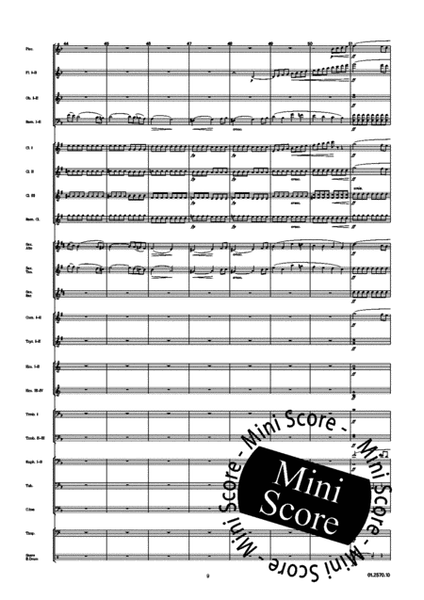
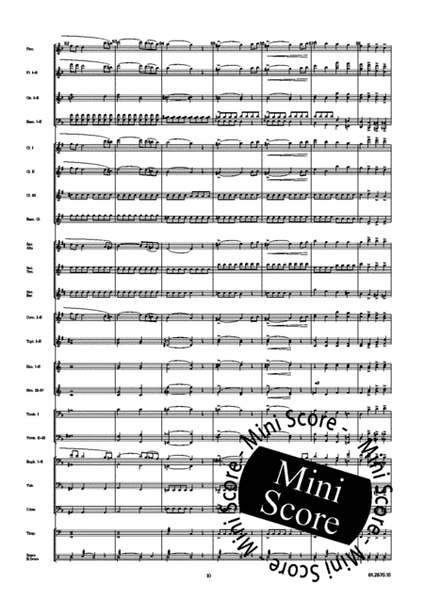
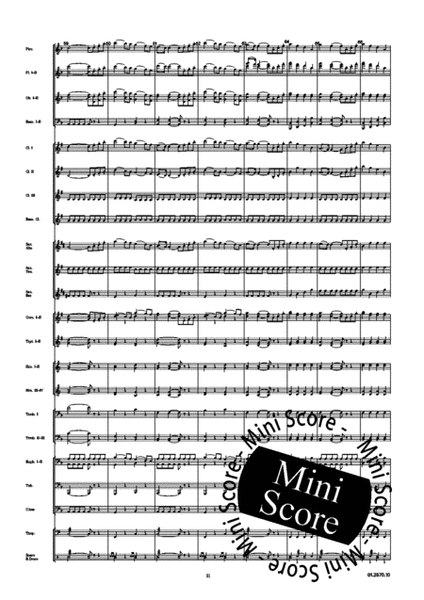
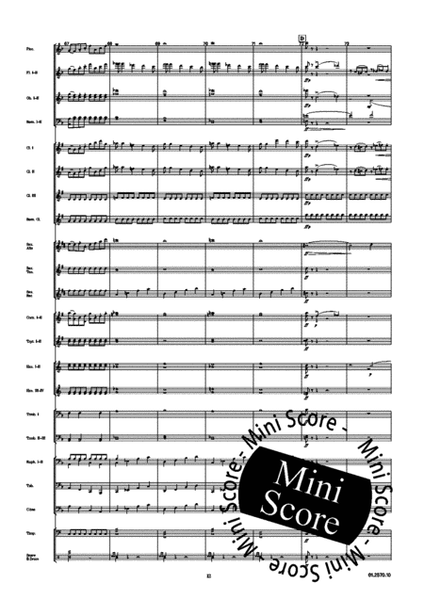
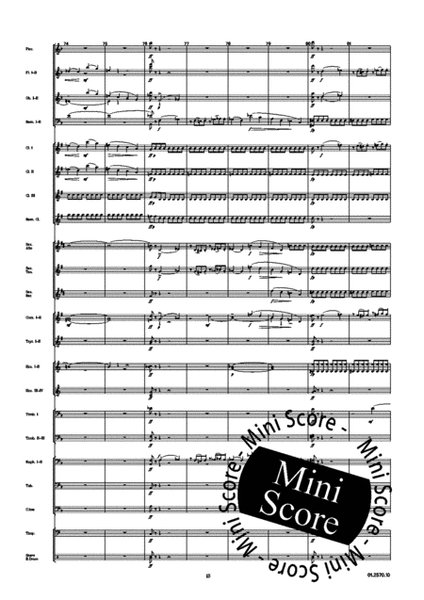
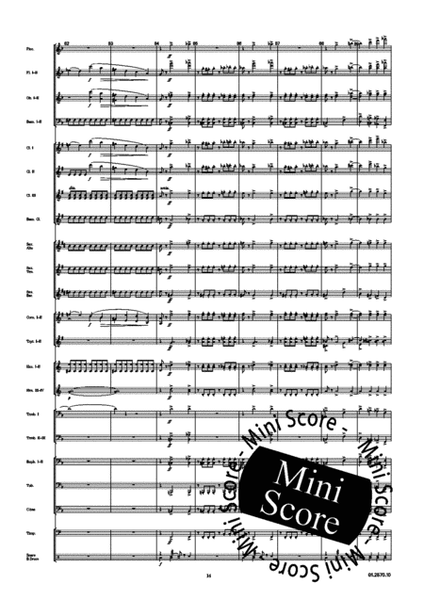
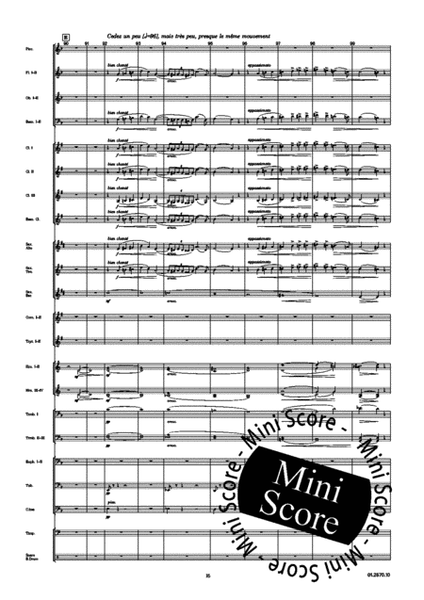
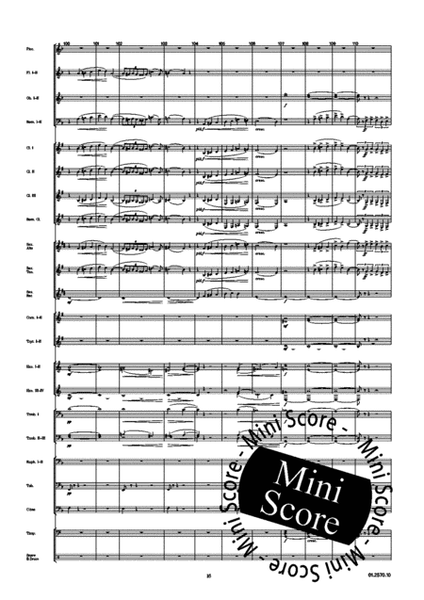
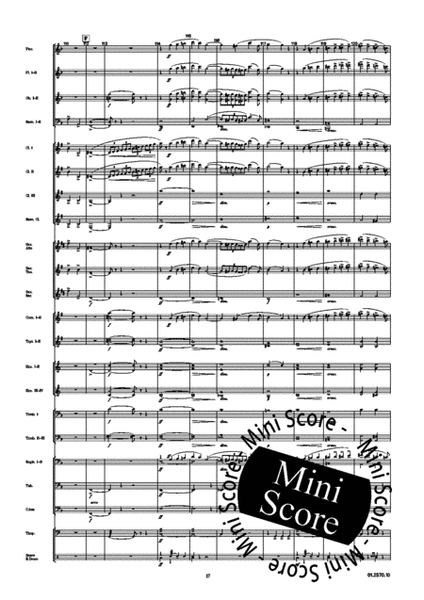
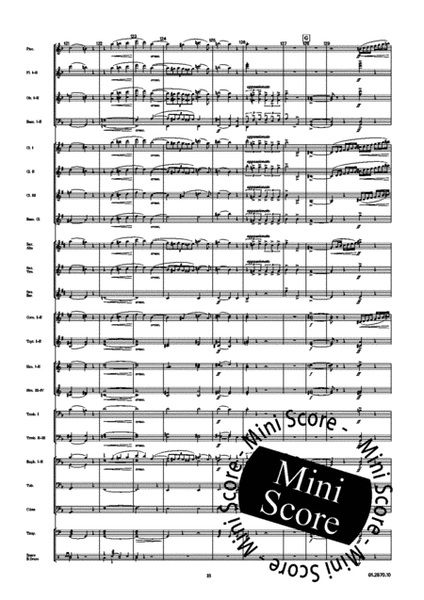
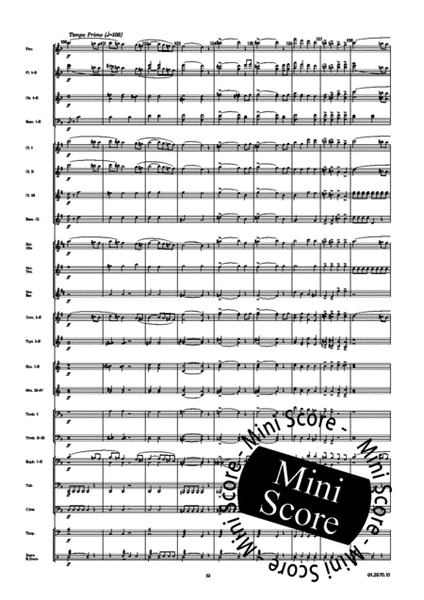
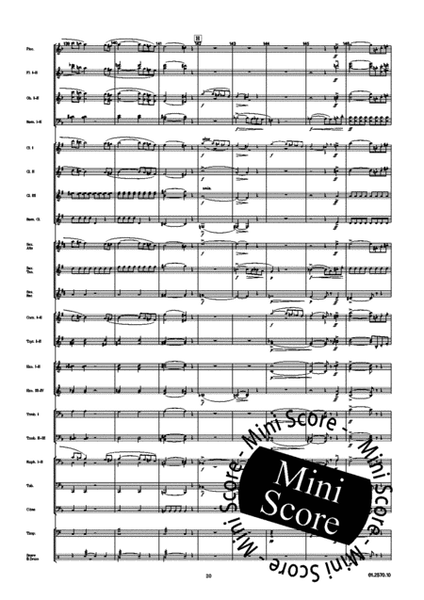
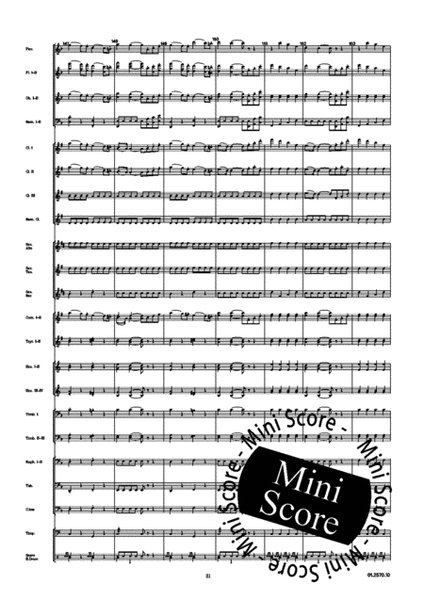
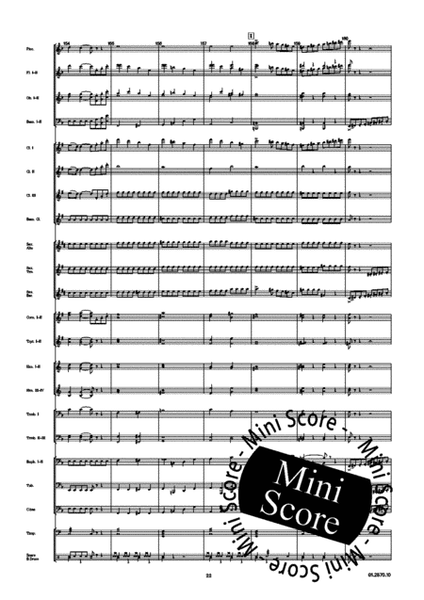
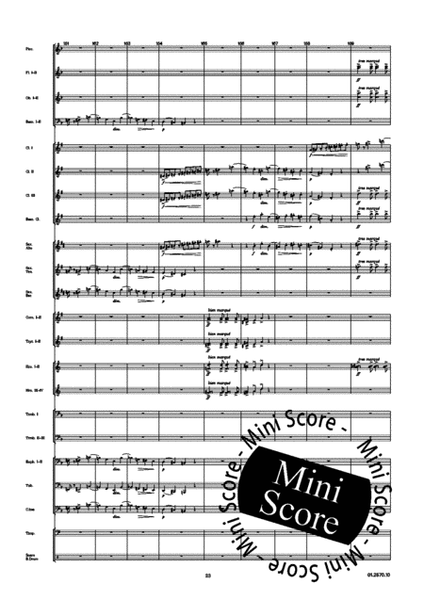
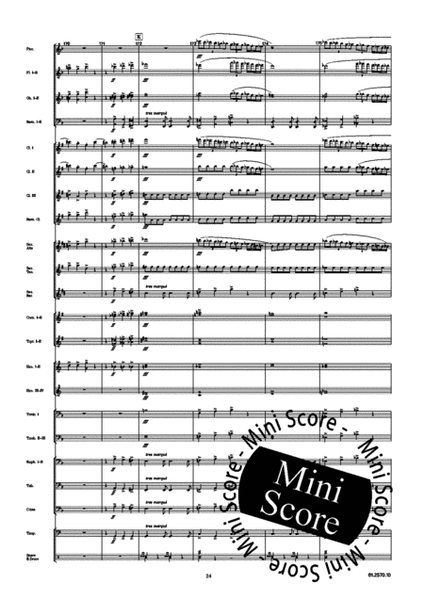
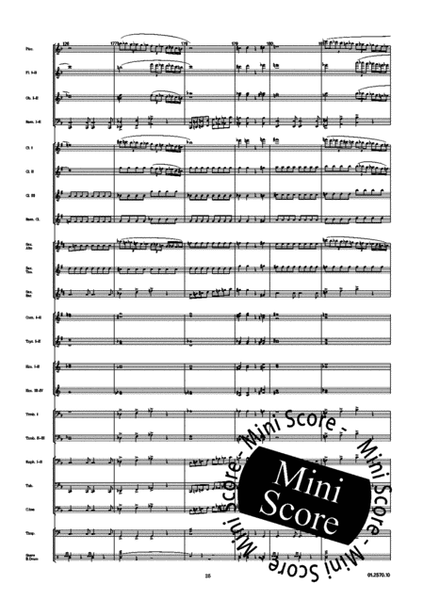
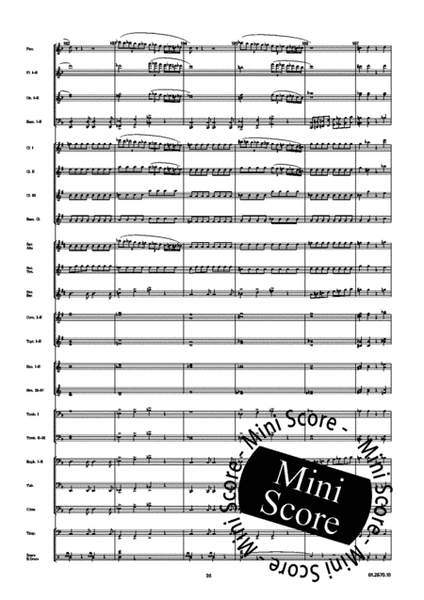
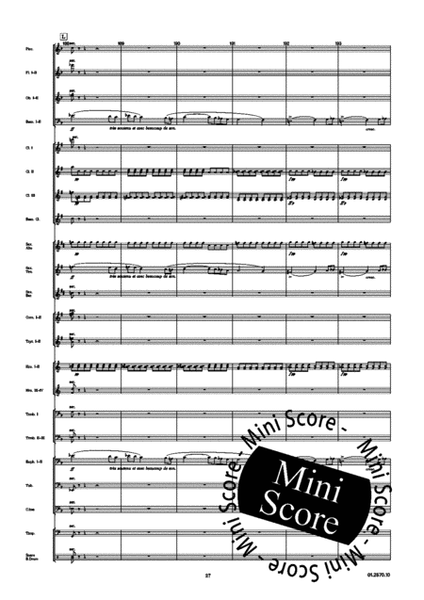
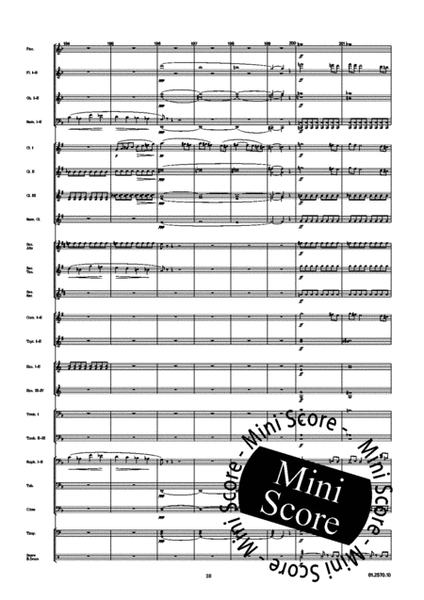
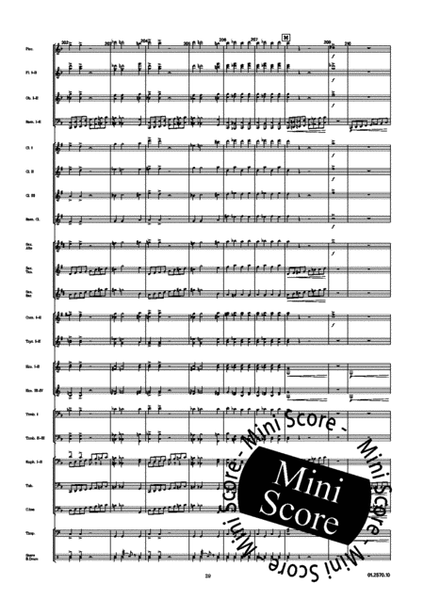
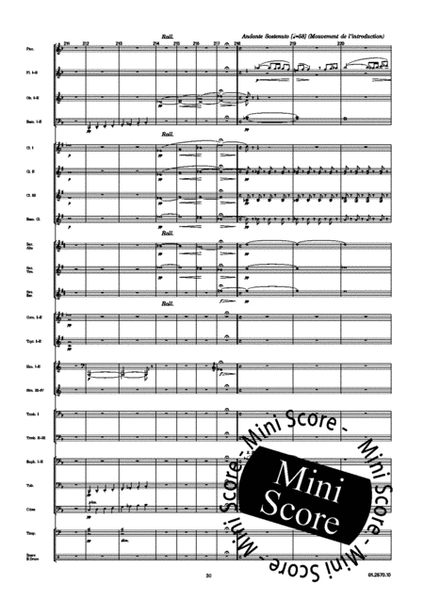
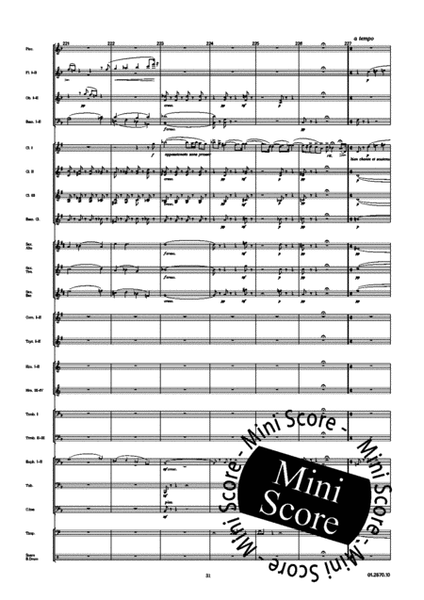
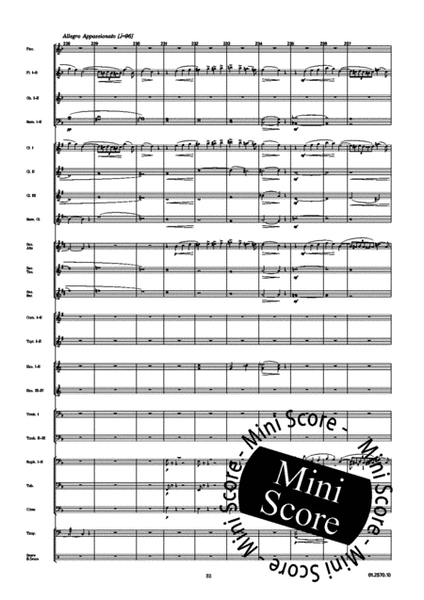
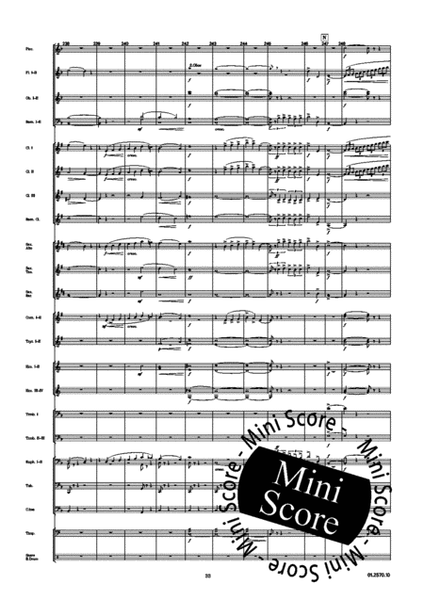
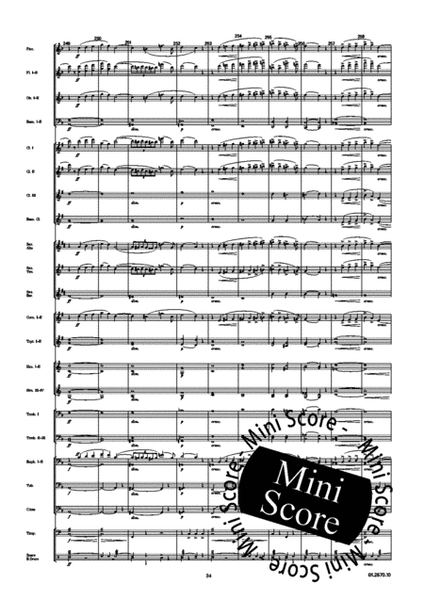
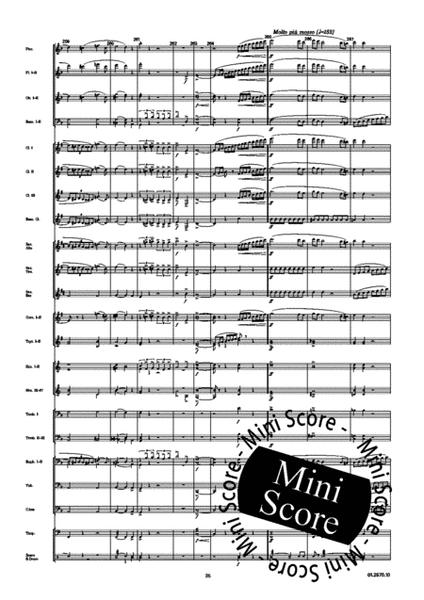
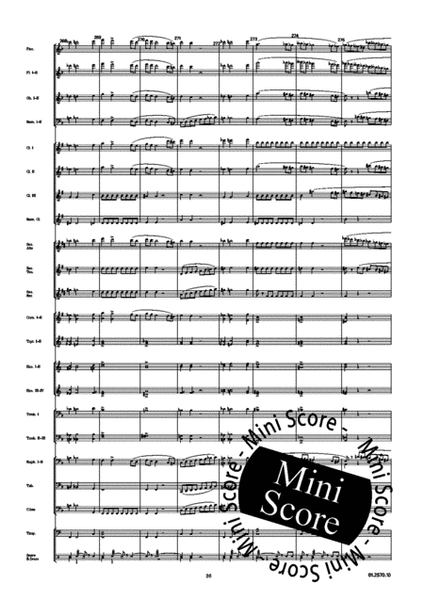
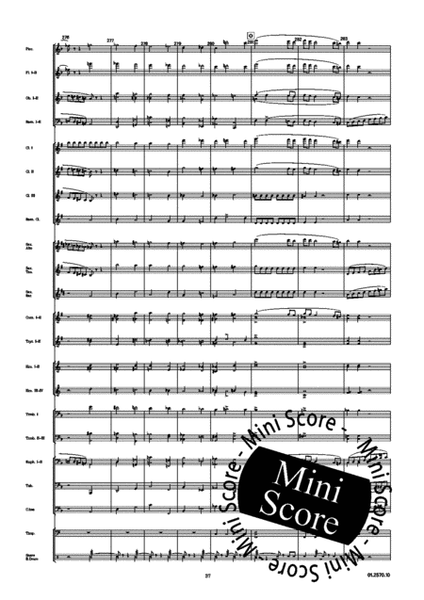
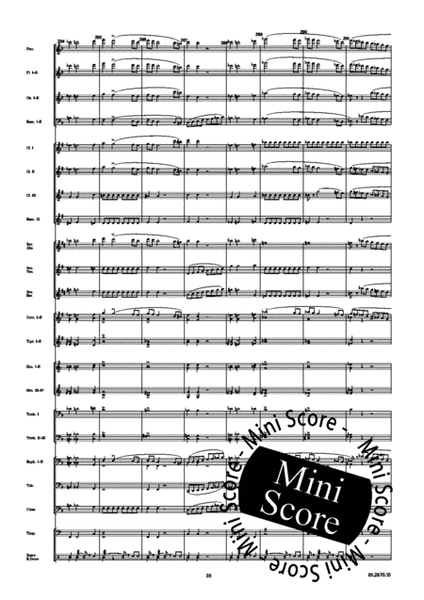
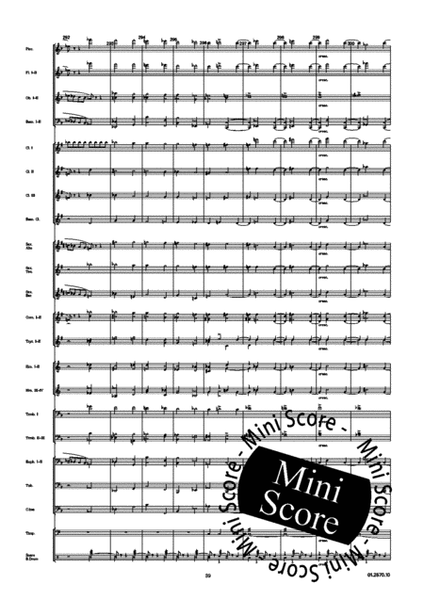
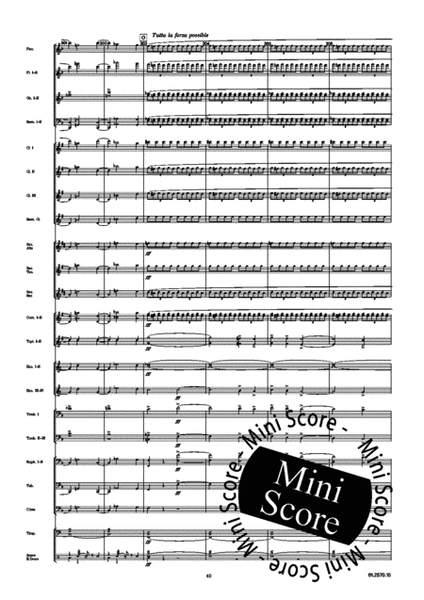
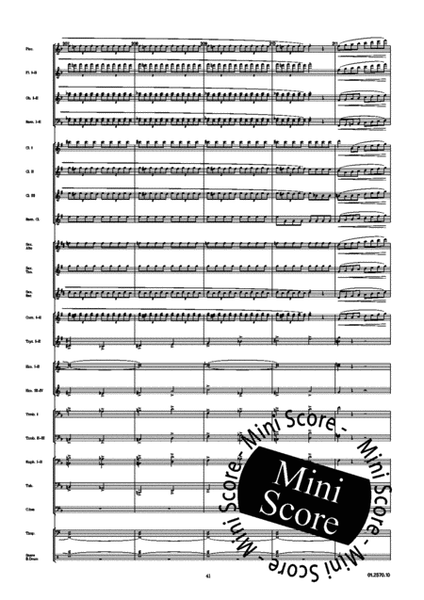
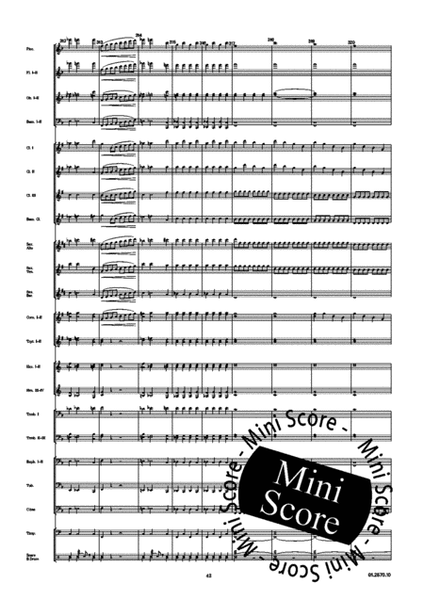
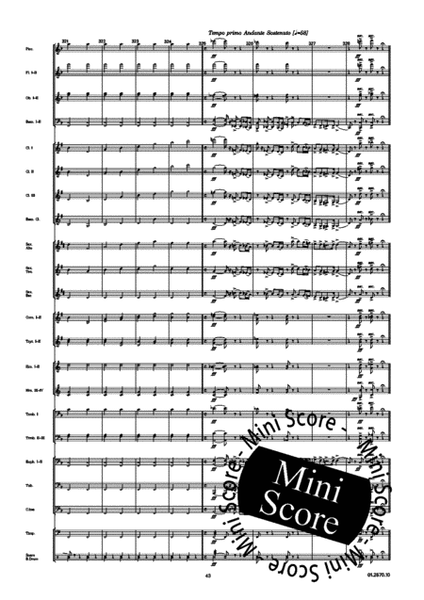
 Share
Share